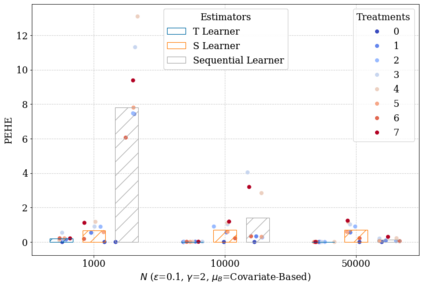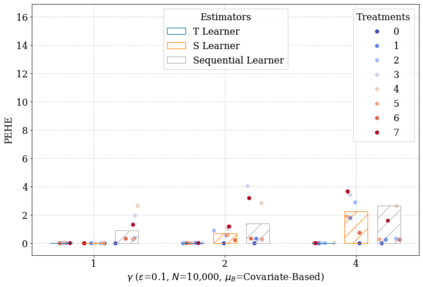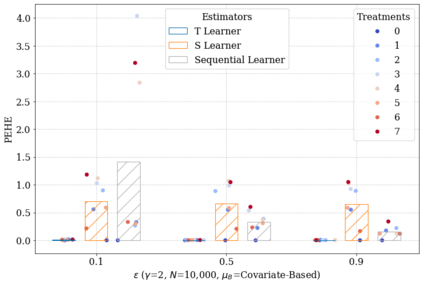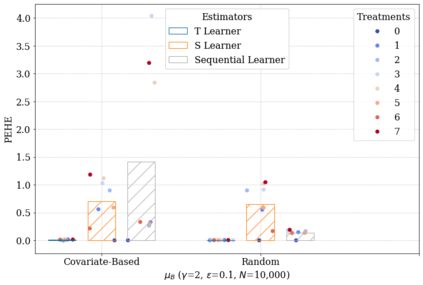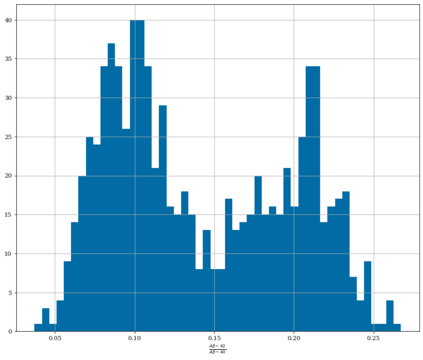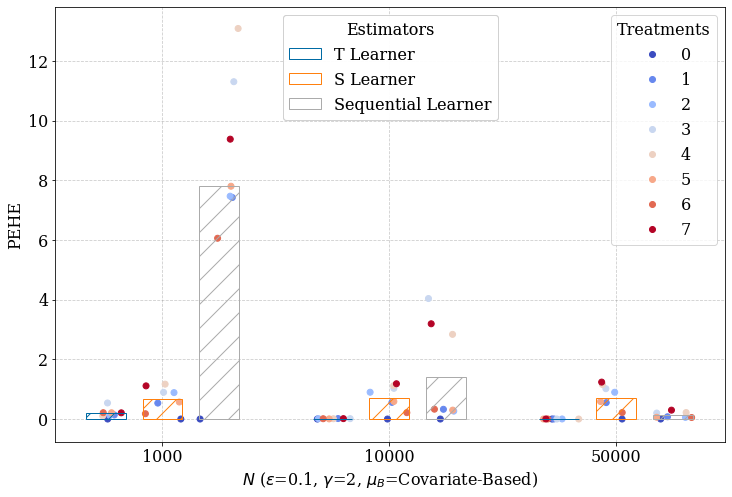Simulators make unique benchmarks for causal effect estimation since they do not rely on unverifiable assumptions or the ability to intervene on real-world systems, but are often too simple to capture important aspects of real applications. We propose a simulator of Alzheimer's disease aimed at modeling intricacies of healthcare data while enabling benchmarking of causal effect and policy estimators. We fit the system to the Alzheimer's Disease Neuroimaging Initiative (ADNI) dataset and ground hand-crafted components in results from comparative treatment trials and observational treatment patterns. The simulator includes parameters which alter the nature and difficulty of the causal inference tasks, such as latent variables, effect heterogeneity, length of observed history, behavior policy and sample size. We use the simulator to compare estimators of average and conditional treatment effects.
翻译:模拟器为因果关系估计设定了独特的基准,因为它们并不依赖无法核实的假设或干预现实世界系统的能力,但往往过于简单,无法捕捉实际应用的重要方面。我们提议了阿尔茨海默氏病模拟器,旨在模拟保健数据的复杂性,同时能够对因果关系和政策估计器进行基准设定。我们把该系统与阿尔茨海默氏疾病神经成像倡议(ADNI)的数据集和地面手工制作组件相匹配,这些组件来自比较治疗试验和观察治疗模式。模拟器包括改变因果推断任务的性质和难度的参数,如潜在变量、效果异性、观察历史的长度、行为政策和样本大小。我们用模拟器比较平均和有条件治疗效应的估算器。

